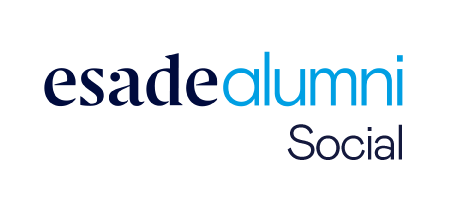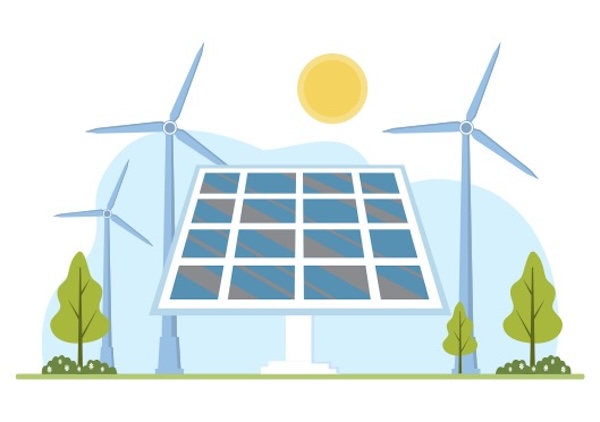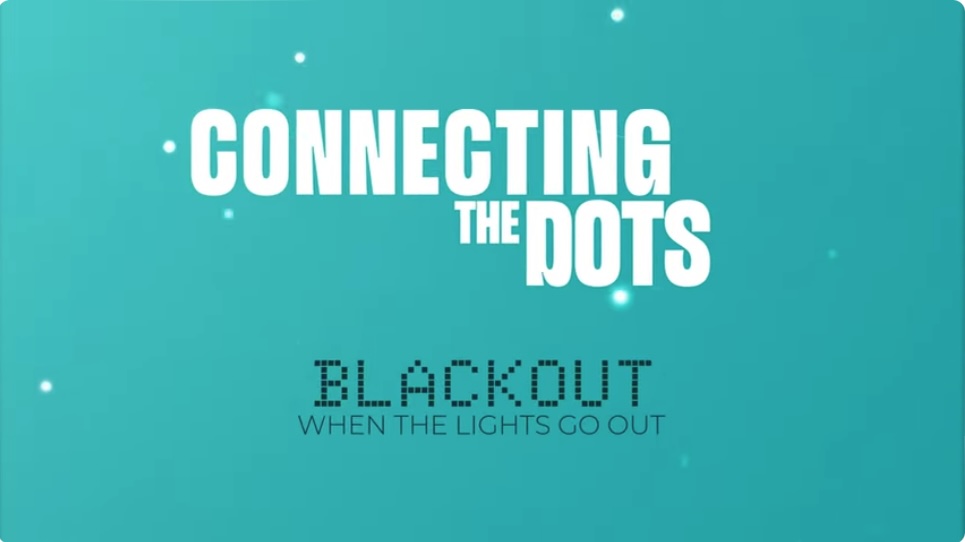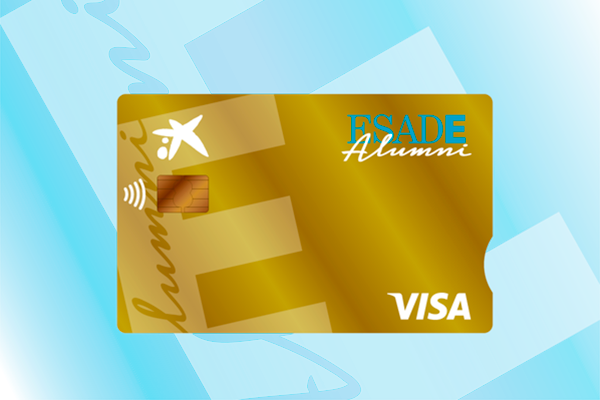Alumni and students of Esade united by the improvement of the quality of life in fishing communities in Honduras through entrepreneurship and innovation
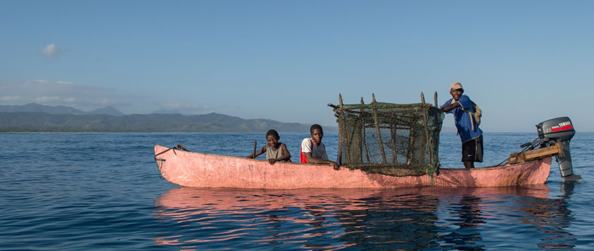
Background for the creation of a new opportunity for volunteerism: As part of our social commitment on a global scale, we at Esade Alumni Social promote strengthening inclusive businesses seeking to generate economic results for the sake of benefitting local communities in more vulnerable areas.
This academic year, Esade Alumni Social and the international NGO Ayuda en Acción have joined forces to promote entrepreneurship y and technology through inclusive, sustainable businesses.
The result of this collaboration is a joint project aimed at bringing innovation and entrepreneurship to the most vulnerable communities, creating economic opportunities, and improving the living conditions of the locals.
In this first edition, we have focused on the self-sufficient and productive development of fishing communities in Honduras through a social entrepreneurship challenge.
Ayuda en Acción has been working in the country since 1998, developing programs in various provinces, focusing its intervention primarily on rural communities, indigenous populations, migrant and returnee populations living in fragile contexts, vulnerable to climate change, with children whose rights are violated, weak governance mechanisms, lack of access to electricity, and latent indicators of exclusion. Thanks to its intervention, in the past year Ayuda en Acción has managed to assist 302,946 people in humanitarian crises, provided affordable, safe, sustainable, and modern energy to 1,039 people, and helped 20,297 people overcome poverty by increasing their income.
The issue to address in the first open innovation challenge with Esade Alumni is: The impoverishment of local communities due to the deterioration of fishing as a means of livelihood.
The challenge to be addressed by the Alumni community: Building on a technological innovation proven by Ayuda en Acción, our goal has been to work from the entrepreneurial sector to scale it and transform it into an effective inclusive business.
The focus of the challenge was to bring to as many fishers as possible a device that allows artisan fishers to manage the cold chain in a simple fashion through the integration of renewable energies to improve the quality and safety of their catches (conservation of catches).
The Ayuda en Acción Foundation in North-Insular Honduras presented a study on this innovation in artisan fishing which demonstrated the improvement in the sustainability and efficiency of these activities (larger and better conserved catches, less risk for fishers, etc.). How to make it reach as many fishers in the region as possible, as well as fishers in other regions with similar characteristics?
Social impact of this volunteerism: This project not only fosters the entrepreneurial spirit, innovation, and creativity of the participants, but it also contributes to the United Nations’s Sustainable Development Goals, particularly: no poverty (SDG 1) and reduced inequalities (SDG 10). Thus, it establishes productive economic generation strategies that empower the poorest fishing communities in the world to haver a better life and more effectively exercise their rights.
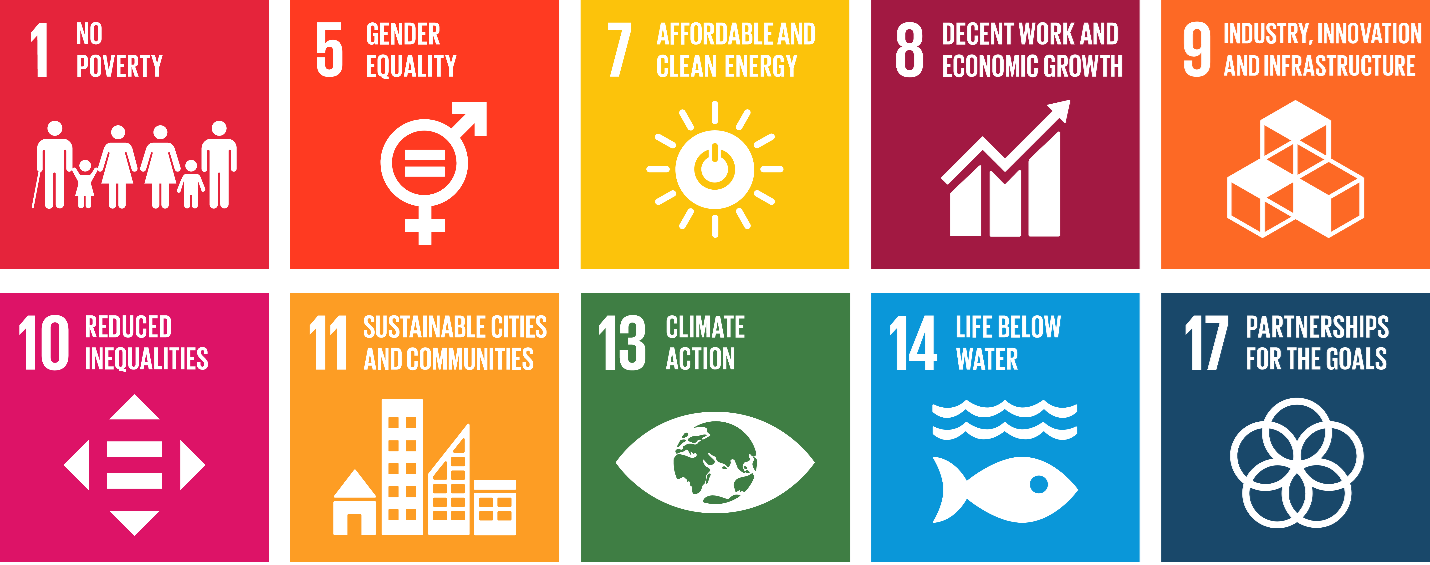
How it works: The goal was targeted at students and alumni all over the world who are committed to social change, offering them a transformative experience. The participants met in teams, combining their skills and visions to develop innovative proposals in a two-month period. Sixty members of the Esade Alumni community participated in the first edition, 53% of whom were alumni from different bachelor’s and master’s degrees. There was a notable variety of nationalities and many young participants; specifically, 70% were not Spanish and 58% were under the age of 30.
The proposals submitted by the teams after two months of work were evaluated by the Ayuda en Acción team in Spain and Honduras and the Esade Alumni team based on criteria of adaptability, environmental sustainability, economic feasibility, human approach, simplicity, and innovation, with the goal of being implemented on the ground with the support of Ayuda en Acción to ensure a real and significant impact.
Even though we evaluated the proposals with the goal of recognizing the top three, this evaluation also had the goal of gamifying participation and making it more dynamic and fun. However, we want to highlight the quality and value of all the proposals.
Results: The final contributions were incredible as a whole, and we are certain that they will all contribute to enriching the Ayuda en Acción project in Honduras and improving the lives of many people.
Our recognition of the participants: Additionally, we naturally want to use this article as an opportunity to publicly thank the finalists for their efforts, as well as for the quality and value of their proposals.
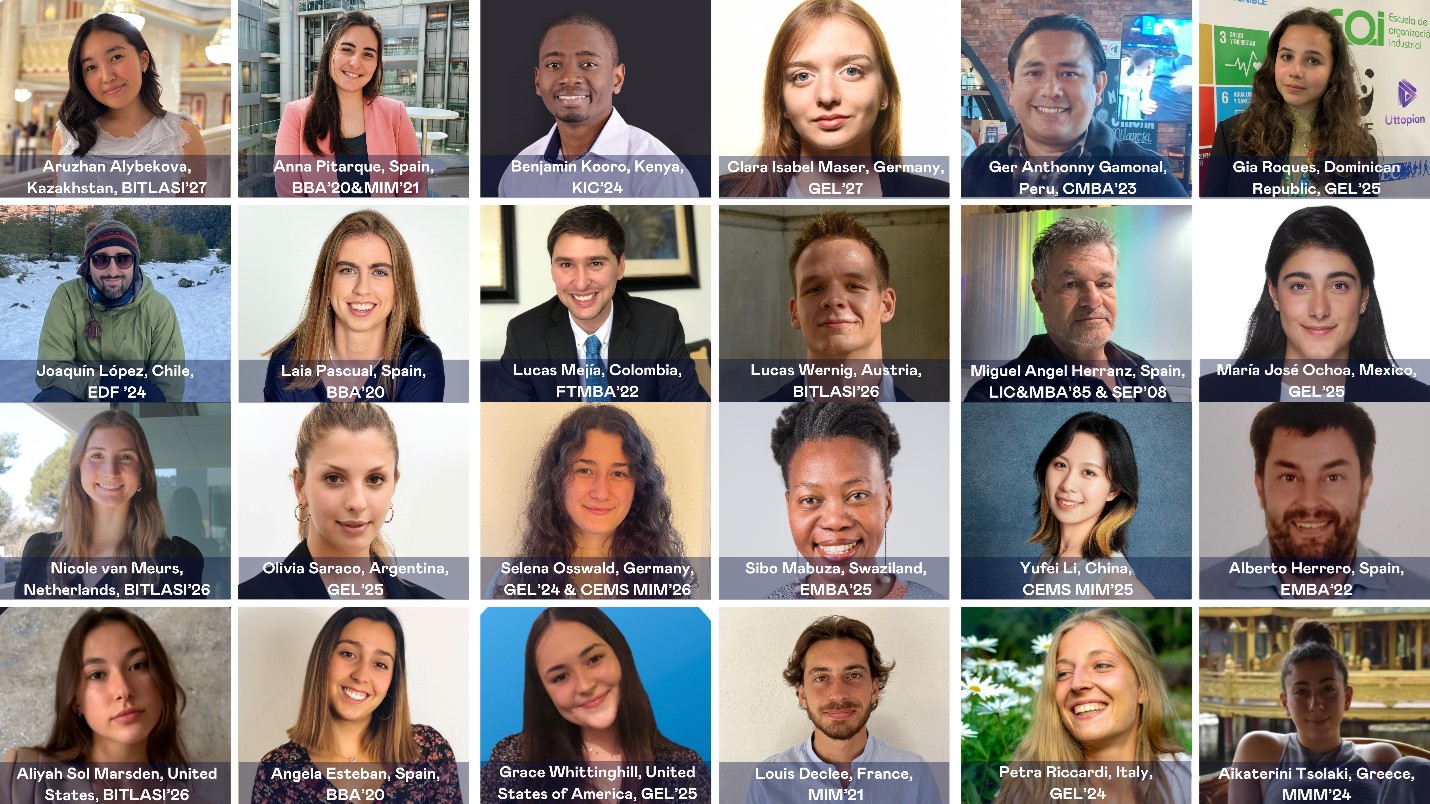
Outline of some of the business solutions proposed:
Below is a summary of the proposals of the three finalists in order to showcase them, but it is important to reiterate the fact that all the ideas in the project submitted will be used by Ayuda en Acción as a source of fresh, ambitious yet solid ideas.
First place – Group 4: Angela Esteban, Anna Pitarque, and Laia Pascual:
Group 4’s project was the first finalist. It was led by Angela Esteban, Anna Pitarque, and Laia Pascual and focuses on spreading technology via cooperation with EMPROMARSA, a company that acts as a guarantor of the technology and allows fishers to pay a monthly fee as they earn additional income thanks to better fish conservation. EMPROMARSA is in charge of seeking the funding and collecting the payments to repay the technological debt, and it generates additional income by selling the improved catch. The fishers benefit from this technology without the need for a major initial investment.
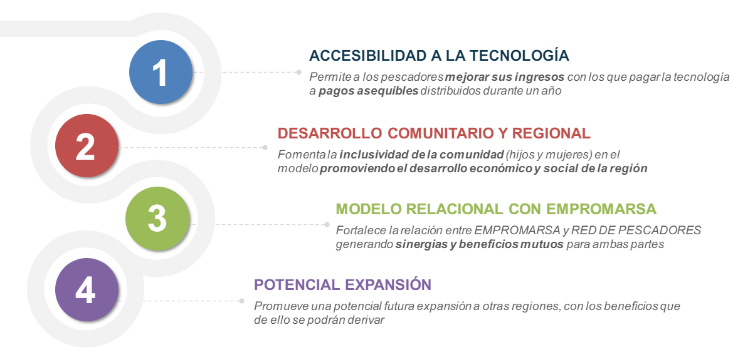
Second place – Group 1: Nicole van Meurs, Aliyah Marsden, and Lucas Wernig:
In second place, Group 1, made up of Nicole van Meurs, Aliyah Marsden, and Lucas Wernig, proposed a nonprofit company promoted by the community that sells high-quality fish directly from local fishers. Its mission is to provide these fishers with better technology and fairer prices to ensure a sustainable, prosperous future for their communities. The company, Mareaviva, buys high-quality, organic fish and hires the fishers to transport, store, and oversee sales and administrative tasks, creating a virtuous circle for all parties involved.
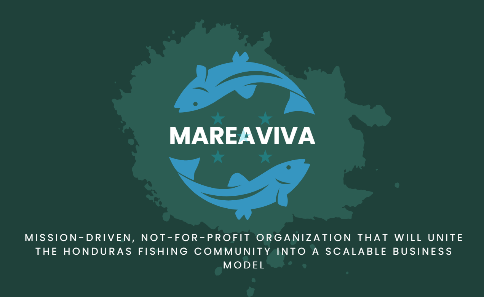
Third place – Group 14: Lucas Mejía, Ger Anthonny Gamonal, and Joaquín López:
Finally, Group 14, made up of Lucas Mejía, Ger Anthonny Gamonal, and Joaquín López, focused on providing sustainable food with a high aggregate value based on a network of fishers and processors in coastal communities. Through cooperation with Ayuda en Acción, a fish drying project will be implemented that will actively involve the community at all stages of production and sales. The project will begin in the pilot community of San José, with plans to replicate it in other towns. Once it has been implemented and accepted, a community logo will be designed and the sale of dry fish will begin with the support of Ayuda en Acción to reach local and international markets.
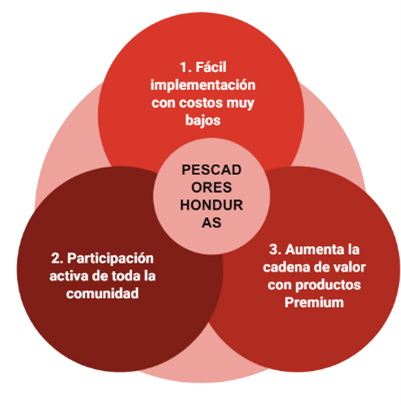
Thanks to the collaboration and commitment of all the participants, the first edition of open innovation challenge has been a success that has proven to be an invaluable catalyst of social transformation, offering vulnerable communities the opportunity for a brighter and more sustainable future.

The future: We want these solutions to be implemented on the ground in a reasonable timeframe and to measure the real social impact they have. Likewise, we hope that this is just the first of many other social entrepreneurship projects created by volunteers from the Esade Alumni community to benefit the most vulnerable societies on the planet.









